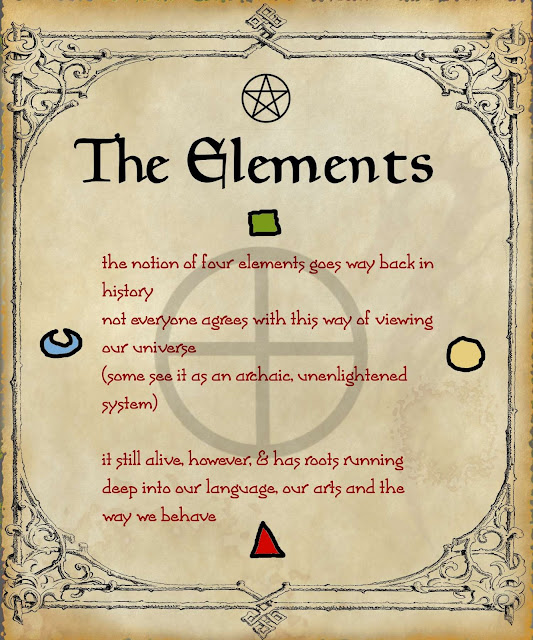How many people are using Holistic Medicine? Why Go Natural?
World Facts on the Use of Holistic Medicine
The World Health Organization estimates 65 - 80 percent of the population use holistic medicine as a primary form of health care.Baby boomers are voicing their concerns about better health, more than prior generations. However, many do not know where to find information and options, other than Traditional Western Medicine (TWM).
If everyone knew they could prevent any disease with plant extracts, medicinal herbs, natural vitamins, minerals, and supplements, as well as having peace of mind-the pharmaceutical and medical industry would collapse overnight.
Holistic, Metaphysical, Energy or Mind, Body, Spirit healing has existed since the beginning of time amid religious beliefs and practices, along with the mystery, superstition, fear, and misunderstanding. Holistic Healing is now becoming recognized regardless of what anyone chooses to believe or think.
According to CNN one-half of all medical schools now offer courses in holistic health care.
Almost one-third of American medical schools-among them Harvard, Yale, John's Hopkins, and Georgetown Universities-now offer coursework in holistic methods. There are five homeopathic hospitals in Great British National Service. One out of three drugs prescribed in Germany is an herb.
The World Health Organization estimates that between 65 to 80 percent of the world's population (about 3 billion people) rely on holistic medicine as their primary form of health care.
In 1993, American consumers spent almost $1.5 billion dollars on herbal remedies-ten times more than was spent on over-the-counter sleeping pills from grocery stores and drug stores.
Approximately $22 million of U.S. government money has already been spent on alternative medical research since 1992 at the National Institutes of Health and Public Health Services.
The American Medical Association (AMA), in Resolution #514, "is encouraging its members to become better in-formed regarding holistic medicine and to participate in appropriate studies of it.
Mutual of Omaha says it saves about $6.50 in covering non-standard (holistic) treatments.
One out of every ten Americans are under the care of a chiropractor.
In 1991, Americans made more visits to unconventional health care providers (425 million) than to conventional doctors (388 million).
One out of three Americans were using unconventional medicine in 1991.
Americans spent almost $13.7 billion on unconventional health care in 1991.
75 percent of that $13.7 billion (above) was out of pocket.
12 percent of Fortune 500 companies offer alternative medicine as part of their health care compensation packages. That percentage was expected to increase to 18 percent by the end of 1996.
National Center for Complementary and Alternative Medicine (NCCAM) A nationwide government survey of more than 31,000 adults on their use of complimentary and alternative medicine (CAM) showed that 36 percent of U.S. adults use some form of CAM.
The World Health Organization, estimates that between 65 to 80 percent of the world's population (about 3 billion people) rely on Holistic or Homeopathic Medicine as their primary form of health care.
Worldwide, only 10 to 30 percent of people use traditional medicine, 70 to 90 percent use holistic and homeopathic health care.
74 percent of the American population desires a natural approach to health care.
Of the one out of three Americans who say they have used natural techniques, 84 percent said they would use it again.
Traditional Chinese Medicine has been chosen by the World Health Organization for worldwide propagation to meet the health care needs of the twenty-first century.
"Americans make more visits to holistic health care providers (some 600 million a year) than to M.D.s and spend more money out-of-pocket to do so about $30 billion a year by recent estimates." Newsweek, 12/2002
"A recent study performed by the American Massage Therapy Association revealed that 28 percent of people received a massage from a massage therapist in the past five years, up from 17 percent in 1997. Eighteen percent said they had a massage in the past 12 months. That's 10 percent higher than was reported in 1997." American Massage Therapy Association, 8/2002.
REGISTER TODAY FOR YOUR FREE MEMBERSHIP TO OUR FORUM!
+ Natural Health
+ Spirituality
+ Personal Development
= New Life...
Visit our Website at http://www.lifeshareuniversity.com
Follow our Podcast at http://www.lifeyou.me
Subscribe to our YouTube Channel at: http://www.youtube.com/user/rsdrainbowfoundation





Comments
Post a Comment